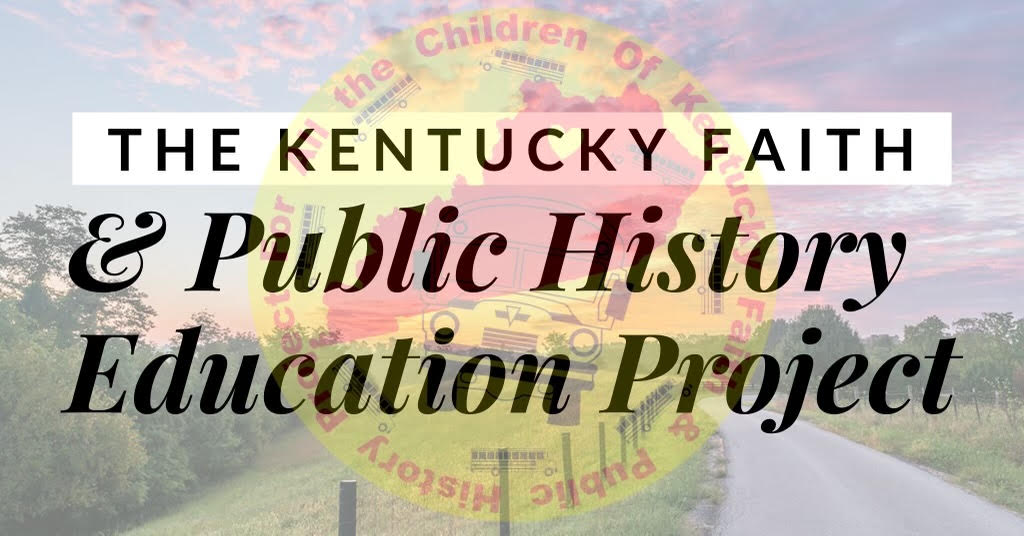Tony Snow was born in Berea, Kentucky. In his various journalistic roles, including that of White House Press Secretary under President George W. Bush, he found ways to insert statements that give us glimpses of the personal faith that helped him battle the colon cancer that eventually took his life. For example, he told a graduating class at Catholic University: “Don't shrink from pondering God's role in the universe or Christ's. You see, it's trendy to reject religious reflection as a grave offense against decency. That's not only cowardly. That's false. Faith and reason are knitted together in the human soul.” [1] This statement is interesting in that it connects to a six-year study that the Templeton Foundation funded about the spiritual development of college students during the time they were in college. The Templeton study surveyed over 100,000 freshmen from 236 American colleges and universities in 2003 and then followed up with them when they were
